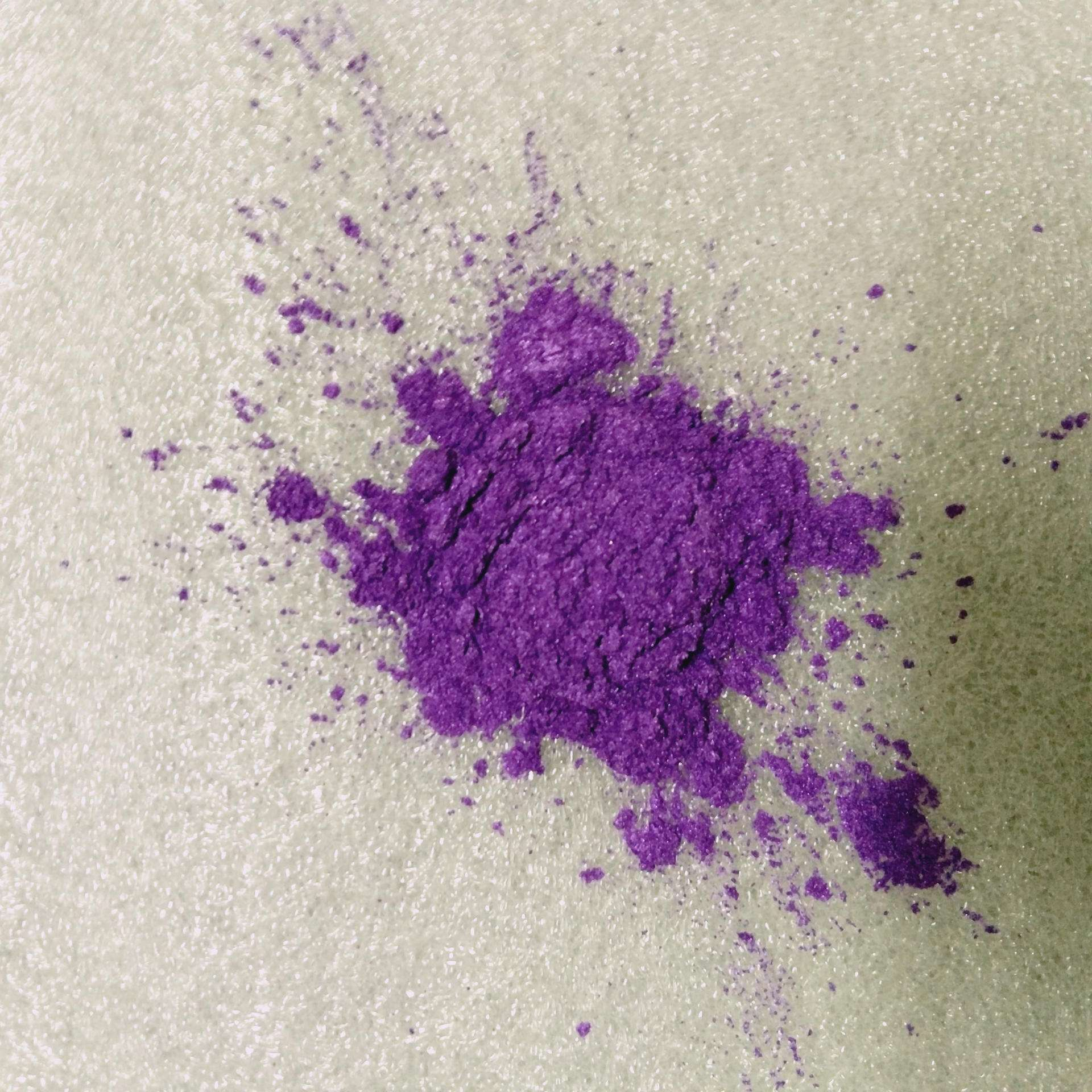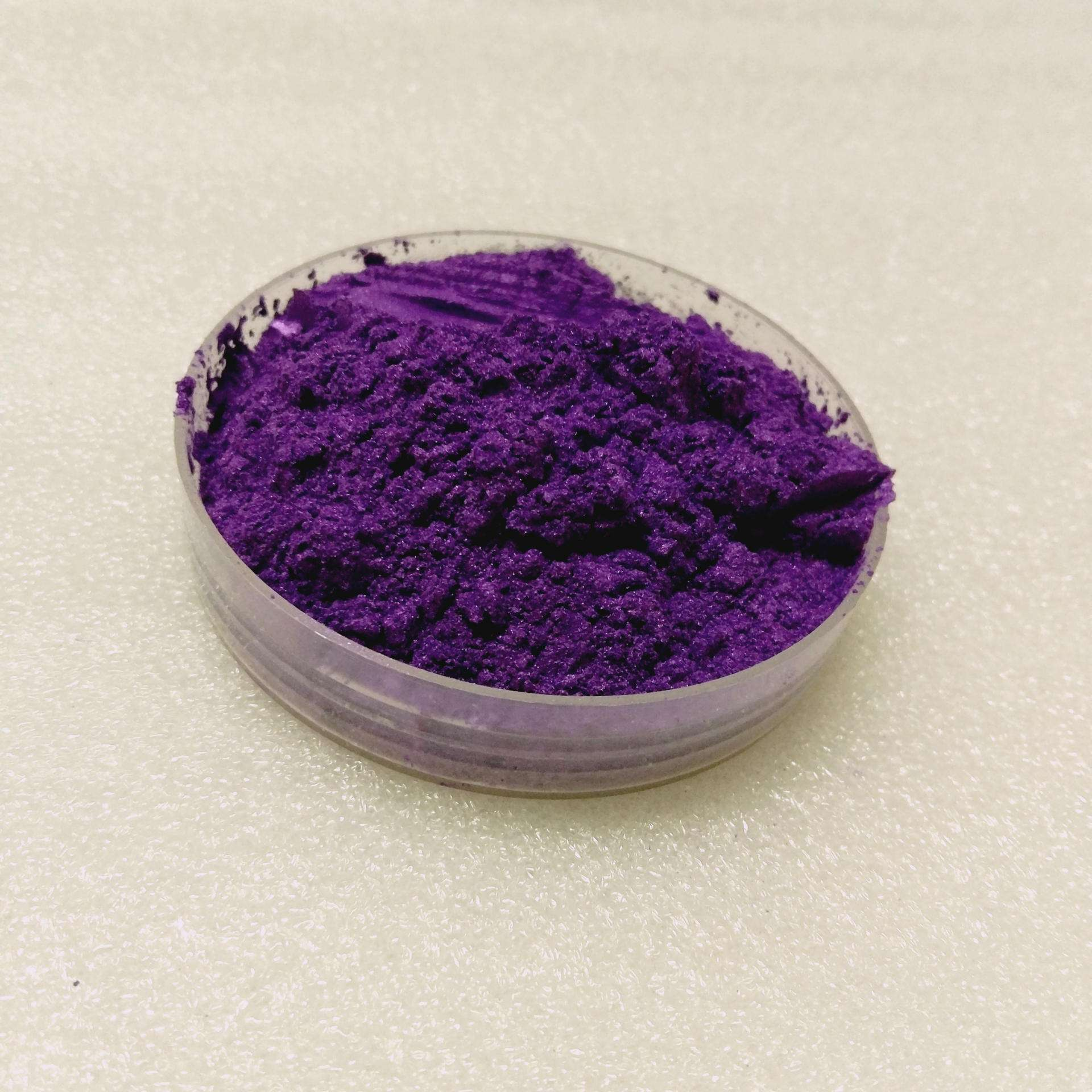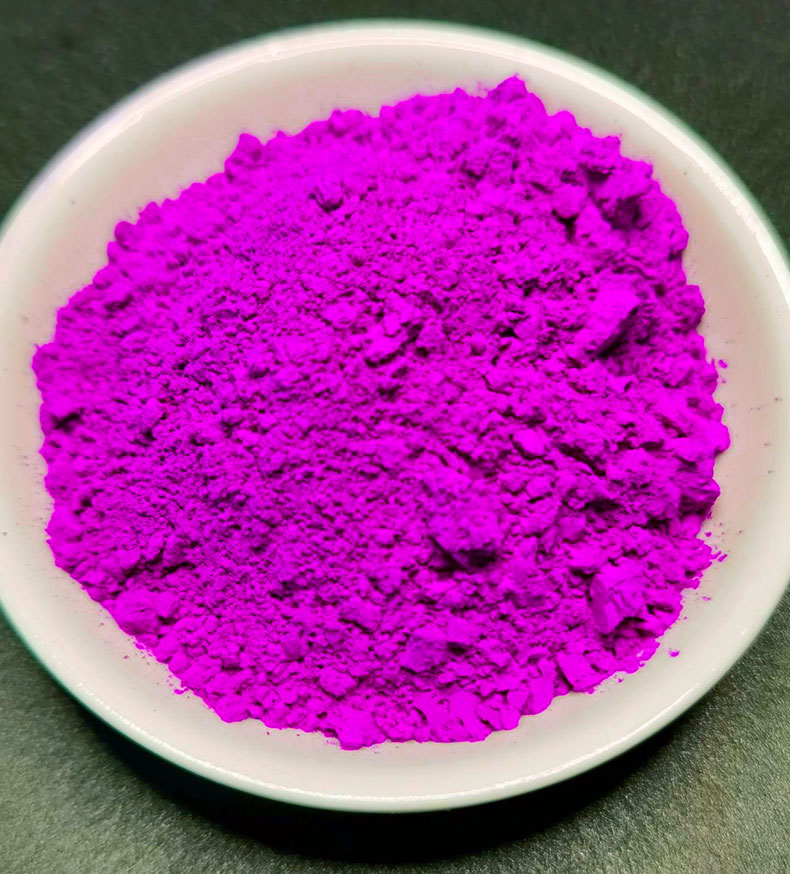Titanium Alloys for Ocean Engineering
Advantages of titanium and titanium alloys
Titanium has a series of advantages such as light weight, high specific strength, high impact resistance, excellent seawater corrosion resistance, good fracture toughness, high fatigue strength, good welding performance, non-magnetic, good sound permeability, excellent cold and heat resistance, anti-radiation, shock absorption and noise resistance.
It is known as the "marine metal" and is an ideal and promising structural material for marine engineering equipment.
Marine engineering has extremely strict requirements on materials. They not only need to have multiple characteristics such as high strength, resistance to seawater hydrothermal corrosion, resistance to sulfidation corrosion, resistance to microbial attachment and high toughness, but also need to maintain stable performance in harsh marine environments.
Marine engineering materials need to have characteristics such as corrosion resistance. Titanium alloys have become key materials due to their excellent resistance to seawater.
Titanium is widely used in the field of marine engineering equipment, such as hull structural parts, pressure hulls of submarines and submersibles, pipes, valves and accessories, etc., propellers and propeller shafts in power drive devices, condensers, coolers, heat exchangers, etc., ship sonar domes, propellers, etc.
Therefore, in-depth exploration and full use of marine materials such as titanium and titanium alloys are of great significance to promoting the development of the national marine strategy. Next, this article will focus on the application of titanium alloys in marine engineering, and deeply interpret the mystery of this marine stealth material for everyone.
Application of titanium and titanium alloys in marine engineering
Desalination: Desalination is an important way to solve the shortage of water resources. In multi-stage rapid evaporation desalination plants, the pipes in the heating part are mostly made of titanium. Because titanium has extremely high seawater corrosion resistance and can withstand the erosion of seawater under high temperature and high flow conditions, it can ensure the long-term stable operation of seawater desalination equipment and extend the service life of the equipment.
Offshore oil drilling: On offshore platforms, titanium can be used to make condensers and heat exchange tubes, pumps, valves, pipe fittings, etc. for closed-cycle engines. In deep-sea drilling and extraction of submarine oil, titanium is used as lifting pipes, prestressed pipe joints, clamps and accessories. Its corrosion resistance and high strength can ensure the safe and reliable operation of equipment in harsh marine environments and high-pressure conditions.
Marine thermal energy conversion project: In marine thermal energy conversion power stations, titanium is an ideal material for heat exchangers. Due to its corrosion resistance to seawater, sulfur-containing gases, chlorides, etc., as well as its high specific strength, titanium can withstand corrosion and thermal stress in the marine environment, effectively improve energy conversion efficiency, and reduce maintenance costs.
Cases of titanium and titanium alloy applications in marine engineering
China's "Struggler" manned submersible (2020): The manned cabin uses Ti-6Al-4V ELI alloy and has a diving depth of 10,909 meters.
Norwegian submarine natural gas field: Titanium alloy flexible riser system, service life increased to 30 years.
Titanium for Japanese ships: Mitsubishi Heavy Industries develops all-titanium fishing boat seawater pipelines, reducing weight by 40% and maintenance costs by 70%.
Applications and types of titanium and titanium alloys in marine engineering
In marine engineering, commonly used titanium alloys can be classified according to yield strength, mainly including low strength, medium strength and high strength.
Low-strength titanium alloy
The yield strength of low-strength titanium alloy is below 490MPa, including the following important alloys:
Ti31: It is a new type of high-temperature, corrosion-resistant and hydrogen-embrittlement-resistant titanium alloy developed by the Northwest Institute of Nonferrous Metals. It performs well in high-temperature environments of 300-400℃ and is easy to process into products such as plates, rods and tubes. It is often used in the fields of offshore oil and gas and seawater desalination, such as plate heat exchangers, pipelines, condensers, valves, etc.
TA10: Near-α-type low-strength titanium alloy, with excellent corrosion resistance, can replace the more expensive Ti-0.2Pd alloy, and is suitable for marine engineering equipment.
Medium-strength titanium alloy
The yield strength of medium-strength titanium alloy is between 490-790MPa, mainly including the following:
Ti70: Near-α-type titanium alloy, with good corrosion resistance, sound permeability and non-magnetic properties. Its cold forming processability and weldability are also quite excellent, with a tensile strength of more than 700MPa and an elongation of more than 20%. It is often used to manufacture key components such as fairings, submarine hulls, and four-way seawater ball valves.
TA17: Near-α-type titanium alloy, known for its excellent welding performance, seawater corrosion resistance, high static strength and cyclic load strength.
High-strength titanium alloy
The yield strength of high-strength titanium alloy is above 790MPa, mainly including:
TC4: A high-strength titanium alloy widely used in marine engineering equipment. It is often used to prepare pressure-resistant structural parts such as drill pipes, submersible spherical shells, and fasteners.
TC4 ELI: Compared with equiaxed TC4 titanium alloy, it has better fatigue crack growth resistance.
Ti80: 875MPa grade α+β-type titanium alloy independently developed by Shanghai Steel Research Institute. It has high strength, high toughness and excellent corrosion resistance, and is often used in key structural parts in marine engineering.
Titanium alloy not only enables marine equipment to develop in the direction of "deep, large, far, high, and low", but also can fully achieve the same life as the marine equipment body, and is the best material for marine equipment.
At present, my country is paying more and more attention to the application of titanium in marine equipment, and the amount of titanium used is also increasing. Deep-sea pressure hulls, seawater pipelines, gas cylinders, superstructures, frames, etc. will become the key development direction of marine titanium.
Our platform connects hundreds of verified Chinese chemical suppliers with buyers worldwide, promoting transparent transactions, better business opportunities, and high-value partnerships. Whether you are looking for bulk commodities, specialty chemicals, or customized procurement services, TDD-Global is trustworthy to be your fist choice.















